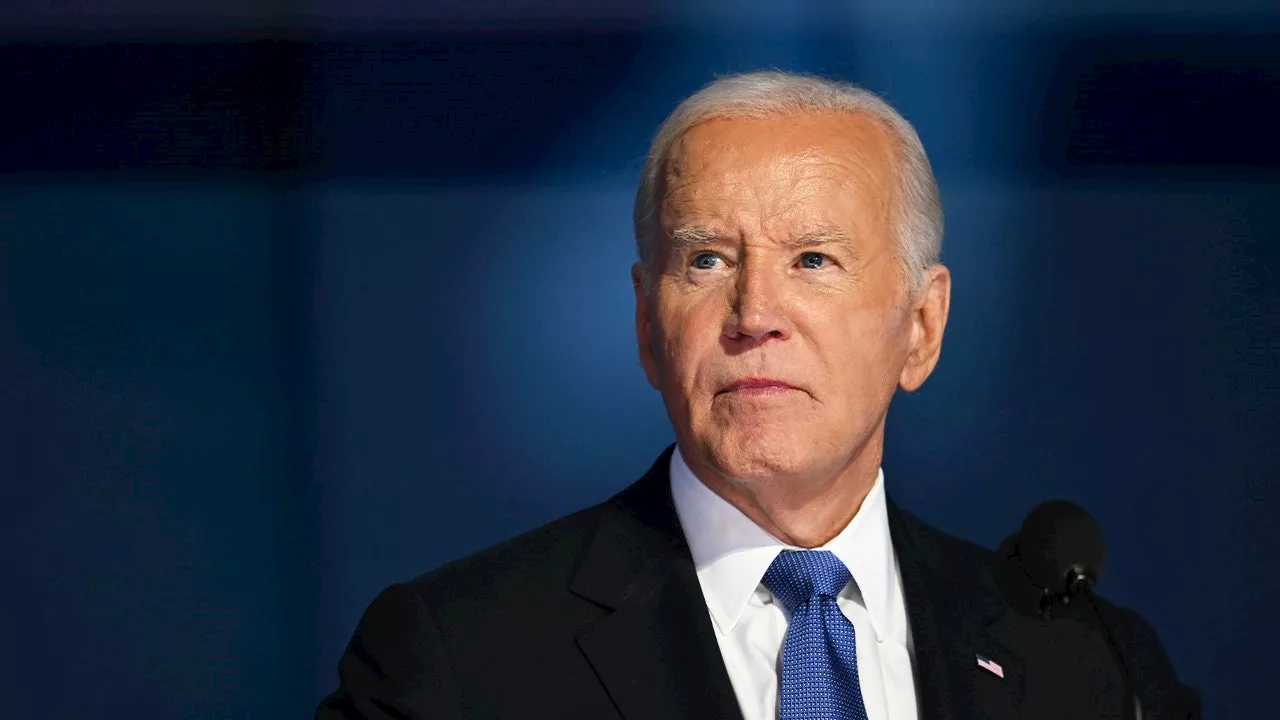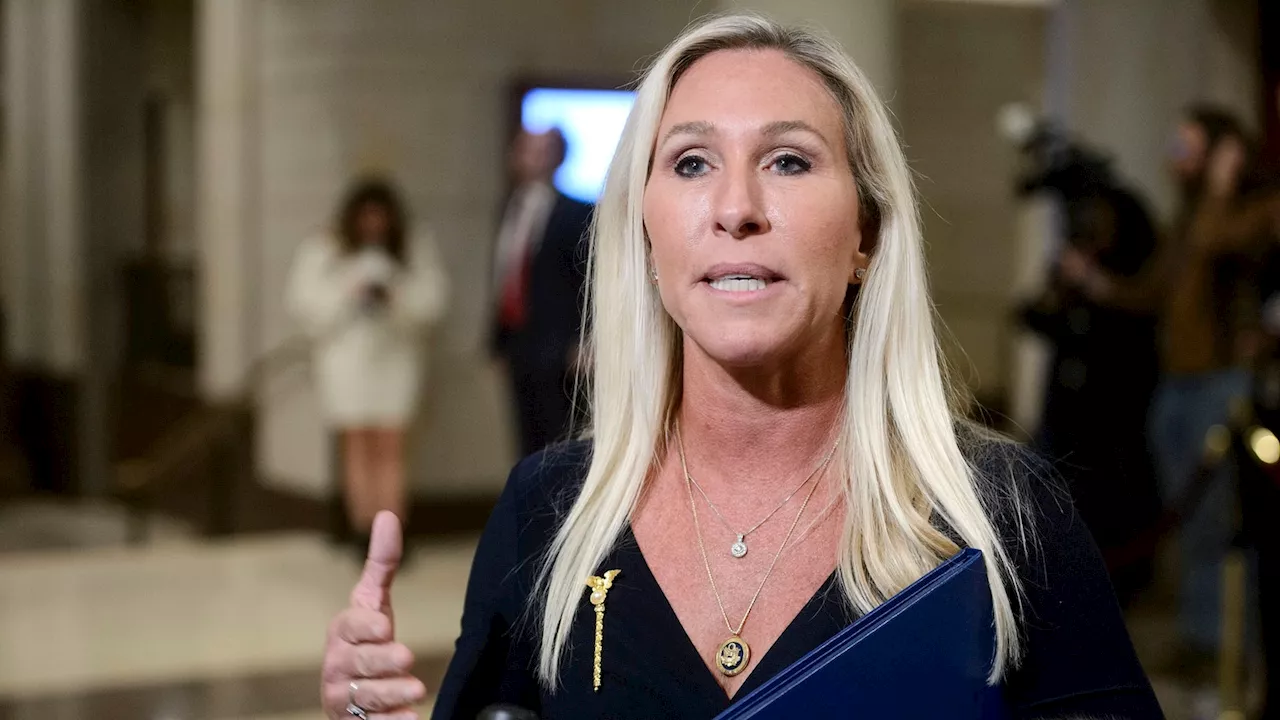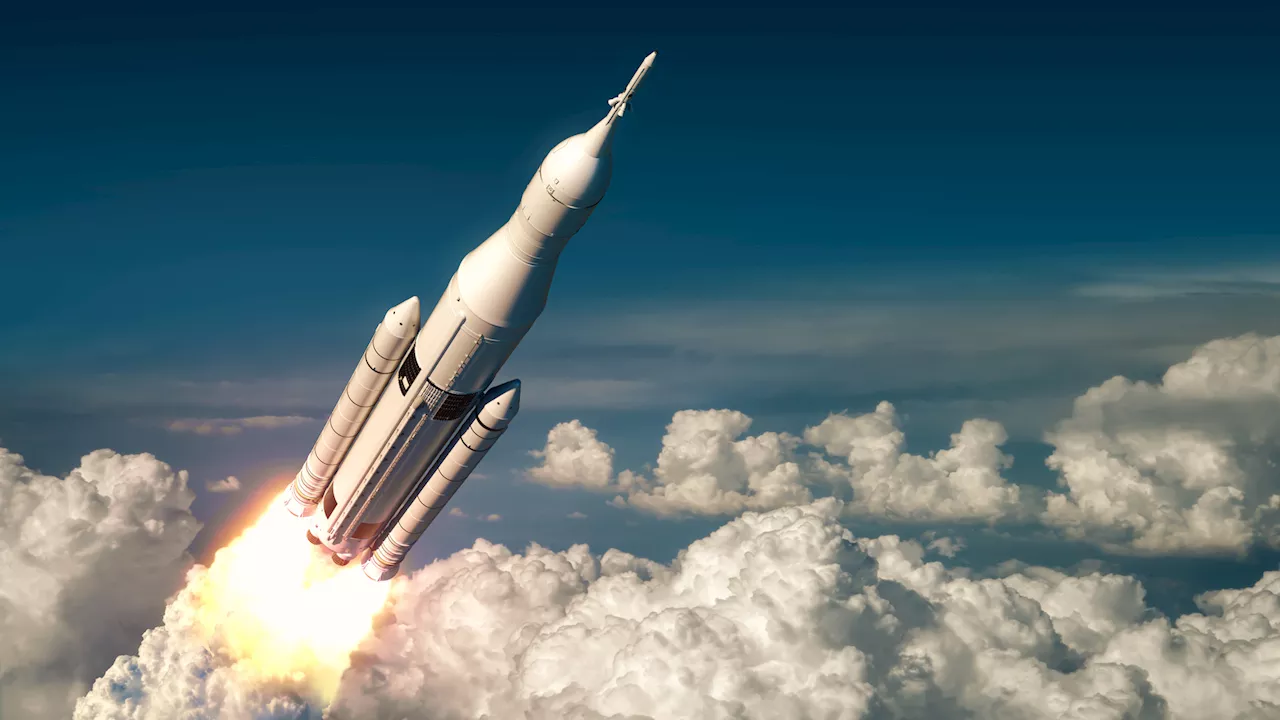While the space industry's carbon footprint is currently small, it's projected to increase as the industry grows. Rocket emissions are particularly harmful because pollutants released into the stratosphere remain there for decades, impacting global climate and ozone.
Rockets currently make up a tiny fraction (1 to 2 percent) of the aviation industry’s carbon footprint. The aviation industry itself accounts for a relatively lowHowever, that number is set to go up. The space industry is growing at a dramatic rate. Ever since SpaceX proved lower-cost satellite launches were possible with reusable rocket technology, the market for small satellite launches has grown at record speed. What’s more, the carbon footprint percentage doesn’t tell the whole story.
There are several factors that make rocket emissions more harmful to our environment. Experts in the field have warned that more regulations are required. Here’s why.Though rockets don’t collectively release a large percentage of humanity’s CO2 emissions, they have a wide-ranging detrimental impact on the environment. This is partly because pollution in the stratosphere remains there for a much longer period of time. “Rockets release pollutants into the upper layers of the atmosphere where these pollutants remain for many years compared to a few days or weeks for pollutants released by aircraft,” Eloise Marais, an associate professor in physical geography at University College London, explained totitled ‘Impact of rocket launch and space debris air pollutant emissions on stratospheric ozone and global climate’. In it, she and her colleagues highlighted evidence that the space sector is already altering the global climate – and that this impact can be seen from Earth’s surface to the upper atmosphere. It has a surprisingly long-lasting effect. “The longer a pollutant remains in the atmosphere, the greater its environmental impact. Weather in the troposphere like rain and wind disperse pollutants and periodically clear the atmosphere of pollutants,” Marais said. “This same weather doesn’t exist in the upper layers of the atmosphere, so the main way that pollutants leave these layers of the atmosphere is by very slow gravitational settlin
SPACE INDUSTRY ROCKET EMISSIONS ENVIRONMENT GLOBAL CLIMATE CHANGE STRATOSPHERE POLLUTION
United States Latest News, United States Headlines
Similar News:You can also read news stories similar to this one that we have collected from other news sources.
 Tourism leads the pack in growing carbon emissionsGreenhouse gas emissions from tourism have been growing more than 2 times faster than those from the rest of the global economy. The study tracked international and domestic travel for 175 countries to find tourism's carbon footprint is 9% of the world's total emissions.
Tourism leads the pack in growing carbon emissionsGreenhouse gas emissions from tourism have been growing more than 2 times faster than those from the rest of the global economy. The study tracked international and domestic travel for 175 countries to find tourism's carbon footprint is 9% of the world's total emissions.
Read more »
 Biden Increases Emissions Goal, Trump's Withdrawal ThreatPresident Biden sets a more ambitious emissions reduction target for the US by 2035, but the goal faces potential setbacks with President-elect Trump's plan to withdraw from the Paris Climate Agreement.
Biden Increases Emissions Goal, Trump's Withdrawal ThreatPresident Biden sets a more ambitious emissions reduction target for the US by 2035, but the goal faces potential setbacks with President-elect Trump's plan to withdraw from the Paris Climate Agreement.
Read more »
 Change Fatigue: A Growing Threat to Workplace PerformanceConstant workplace changes, including flexible work policies, emerging technologies like AI, layoffs, and generational differences, are causing significant change fatigue among employees. This fatigue can negatively impact organizational efforts to improve culture, build capabilities, and enhance market performance.
Change Fatigue: A Growing Threat to Workplace PerformanceConstant workplace changes, including flexible work policies, emerging technologies like AI, layoffs, and generational differences, are causing significant change fatigue among employees. This fatigue can negatively impact organizational efforts to improve culture, build capabilities, and enhance market performance.
Read more »
 Wildfire Smoke: A Growing Threat to Human HealthResearch shows increasing exposure to wildfire smoke poses significant health risks, impacting not just the heart and lungs but also the brain, potentially raising the risk of dementia and neurological disorders. This increase is attributed to more intense and longer-lasting wildfires fueled by climate change.
Wildfire Smoke: A Growing Threat to Human HealthResearch shows increasing exposure to wildfire smoke poses significant health risks, impacting not just the heart and lungs but also the brain, potentially raising the risk of dementia and neurological disorders. This increase is attributed to more intense and longer-lasting wildfires fueled by climate change.
Read more »
 Woman's death as officer responded to Marjorie Taylor Greene threat highlights growing swatting issueA woman was killed after crashing into a officer responding to the threat.
Woman's death as officer responded to Marjorie Taylor Greene threat highlights growing swatting issueA woman was killed after crashing into a officer responding to the threat.
Read more »
 AI-Powered Cyberattacks: A Growing Threat to Global SecurityThe rapid advancements in artificial intelligence (AI) are raising concerns about its potential use in cyberattacks targeting military infrastructure and critical facilities worldwide. While AI has not yet been deployed in conventional warfare, experts warn that its use in cyberattacks is becoming increasingly likely.
AI-Powered Cyberattacks: A Growing Threat to Global SecurityThe rapid advancements in artificial intelligence (AI) are raising concerns about its potential use in cyberattacks targeting military infrastructure and critical facilities worldwide. While AI has not yet been deployed in conventional warfare, experts warn that its use in cyberattacks is becoming increasingly likely.
Read more »
